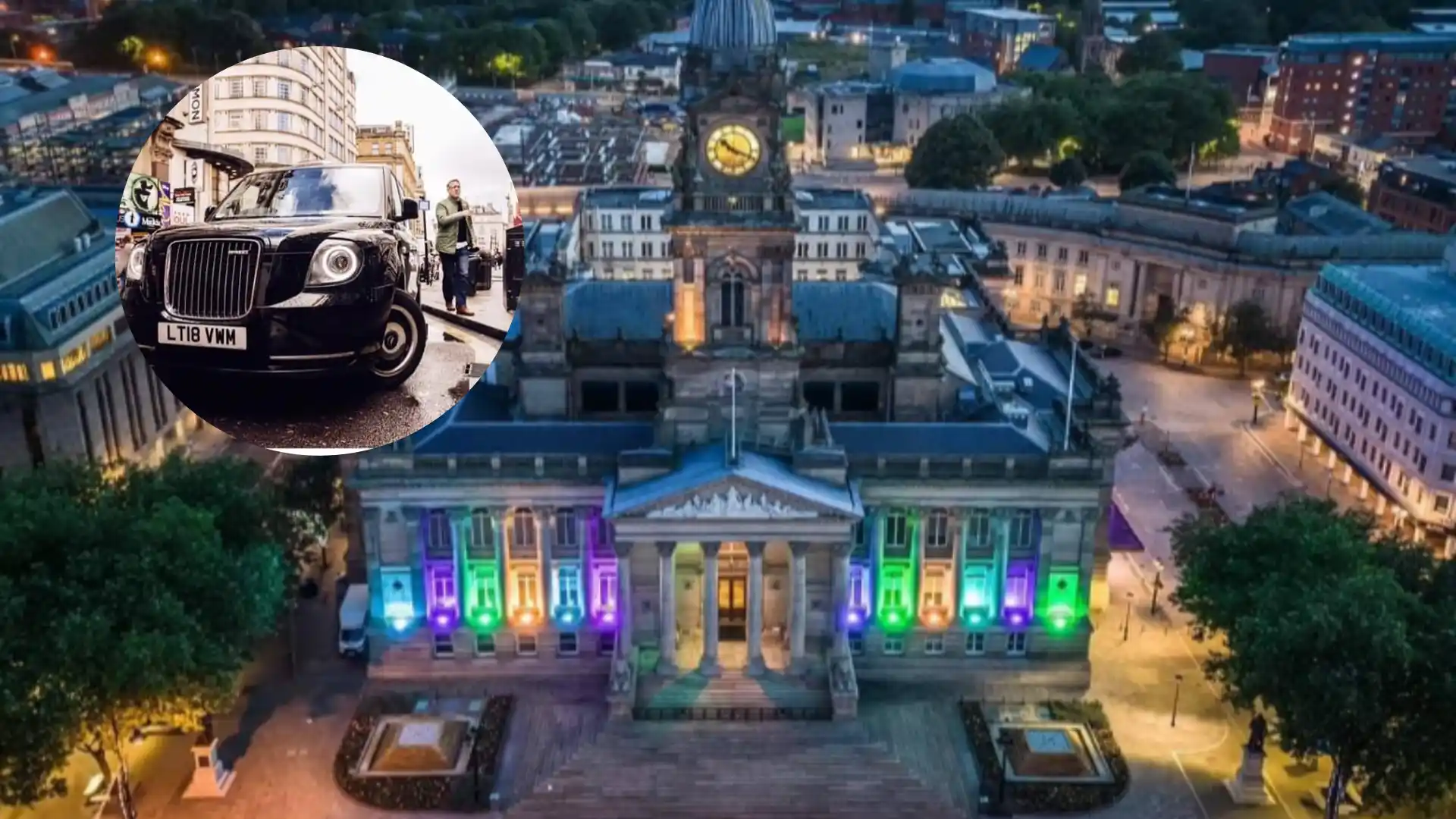Key Points
- Bolton Council’s Licensing and Environmental Regulatory Committee approves proposal to remove the current age cap on licensed hackney carriages and private hire vehicles.
- The new regulation will mandate that all licensed vehicles comply with emissions standards by 31 August 2030.
- The decision reflects growing environmental concerns and regional efforts to control vehicle emissions.
- The proposal aims to modernize the vehicle licensing system while encouraging cleaner, greener transport options.
- The Committee's decision impacts all licensed hackney carriages and private hire operators in Bolton.
- The change is part of broader environmental policies aligned with government air quality targets.
- The new rules are expected to promote the usage of low-emission and zero-emission vehicles across the borough.
- Stakeholders including vehicle owners, drivers, and the public will be influenced by the policy shift.
- Implementation timelines provide a transitional period allowing operators to comply with the new standards.
What Did Bolton Council’s Licensing Committee Decide Regarding Vehicle Age Caps?
At a meeting of Bolton Council’s Licensing and Environmental Regulatory Committee, members unanimously backed proposals to remove the current age cap on licensed hackney carriages and private hire vehicles. Instead of restricting vehicles based on age, the Committee resolved to require that all licensed vehicles meet specified emissions standards by 31 August 2030. This decision signals a policy shift favoring environmental considerations over vehicle age.
According to Bolton Council’s official meeting minutes, the proposal was put forth as part of ongoing efforts to improve air quality and reduce harmful emissions from the local transport fleet. This approach aligns with wider government environmental objectives aimed at tackling pollution and climate change.
Why Did Bolton Council Remove the Age Cap on Licensed Vehicles?
Environmental priorities and technological advancements were reportedly key factors influencing the Committee's decision. A report presented at the meeting highlighted the limitations of an age-based vehicle licensing policy, noting that vehicle age is not always a reliable indicator of emissions performance. Newer vehicles with poor emissions controls might still pollute more than older vehicles equipped with up-to-date emission-reduction technology.
The report suggested that focusing on emissions standards directly encourages the use of cleaner vehicles, including electric and hybrid models, thus contributing to better air quality in Bolton and surrounding areas. This is particularly pertinent given the UK’s broader commitment to reducing carbon emissions and improving urban air quality.
What Are the New Emissions Requirements for Hackney Carriages and Private Hire Vehicles?
The Committee approved a mandatory deadline of 31 August 2030 for all licensed hackney carriages and private hire vehicles to comply with emissions standards. While the exact standards were not detailed in the public summary, it is understood that these will likely reflect the government's emissions category classifications, potentially demanding Euro 6 or equivalent compliance for internal combustion engines, or zero-emission requirements for electric vehicles.
Operators whose vehicles fail to meet the emissions criteria after the cutoff date will no longer be eligible for licensing. This directive intends to accelerate the transition to environmentally friendly transportation, reduce the borough's carbon footprint, and improve local air quality for residents and visitors.
How Will This Change Impact Vehicle Owners and the Public in Bolton?
Vehicle owners and operators will be required to ensure that their vehicles meet the new emissions standards before 31 August 2030. This transitional period provides enough time for fleet upgrades or replacement with compliant vehicles. According to comments shared by local business representatives during the meeting, the extended timeline allows for financial planning and operational adjustments.
From the public's perspective, this policy is anticipated to enhance environmental health outcomes across Bolton, reducing pollutants such as nitrogen oxides and particulate matter attributed to vehicle emissions. Cleaner transportation options could also encourage increased public transport use and support regional climate goals.
What Are the Broader Environmental Implications of This Policy?
Bolton Council's updated licensing policy is emblematic of a broader shift across UK local authorities who are increasingly integrating environmental standards into transport regulations. By removing age as a licensing criterion and imposing emissions thresholds, the Council contributes to national efforts aimed at achieving net-zero targets and improving urban living conditions.
Local government experts quoted in regional media have described this approach as a practical step toward modernising public transport licensing and setting a precedent for other councils. Bolton’s policy may serve as a model encouraging sustainable transport adoption in similar urban contexts.
What Is the Next Step Following Bolton Council’s Licensing Committee Decision?
The new licensing conditions will formally be communicated to all stakeholders, including vehicle owners, drivers, and licensing agents, to facilitate compliance. Bolton Council will likely provide guidance on emissions standards and enforcement procedures as the 2030 deadline approaches.
Periodic reviews and consultations may be scheduled to assess implementation progress and address any operational issues raised by the community or affected parties. Monitoring emissions performance and licensing compliance will be critical to achieving the policy’s environmental objectives.
